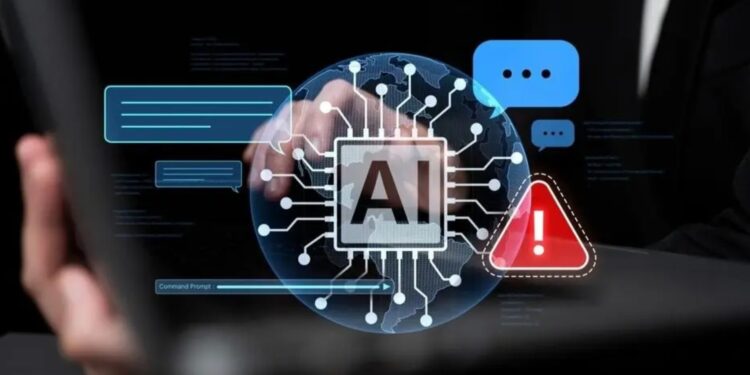AI has always been about rapid evolution, but August 2025 marked a paradigm shift, propelling the technology from a state of rapid development to a full-blown revolution. This past month saw breakthroughs that are fundamentally reshaping the tech landscape, from autonomous AI agents to models with near-human reasoning.
Perhaps the most significant development of August 2025 was the emergence of truly autonomous AI agents. These are no longer just advanced chatbots; they’re digital entities capable of handling complex, multi-step workflows with minimal human intervention. We’re seeing them in action in business settings, where they’re being used to manage supply chains, automate customer service, and even perform complex data analysis. Major players like Amazon, Microsoft, and Google have all doubled down on their agent offerings, creating low-latency serverless environments for these agents to execute tasks and providing tools for businesses to integrate them securely. This trend is a clear signal that AI is moving from a tool that augments human work to a more collaborative, “digital colleague” model.
OpenAI’s release of GPT-5 on August 7th was another bombshell. The new model demonstrated a stunning leap in its ability to reason and reduce “hallucinations” or fabricated responses. In a widely publicized test, GPT-5 achieved a flawless 100% on a competition math exam, a feat that no other AI model had come close to replicating. This suggests that AI is now able to not only process information but also perform complex, logical reasoning at a level previously thought to be years away.
Beyond the corporate world, AI’s breakthroughs this month are having a profound impact on science and medicine. Researchers at UC San Diego, for instance, unveiled an AI that can segment medical images with high accuracy using 20 times less training data than previous models. This innovation promises to accelerate disease diagnosis and drug discovery. Meanwhile, Google DeepMind’s AlphaEvolve system continues to push the boundaries of AI-driven scientific discovery, even solving long-standing open mathematics problems. These developments highlight AI’s role as a force for good, accelerating our ability to address some of humanity’s most pressing challenges, from disease to climate change.










![Online Scam Cases Continue to Rise Despite Crackdowns on Foreign Fraud Networks [Myanmar] Online Scam Cases Continue to Rise Despite Crackdowns on Foreign Fraud Networks [Myanmar]](https://sumtrix.com/wp-content/uploads/2025/06/30-12-120x86.jpg)




